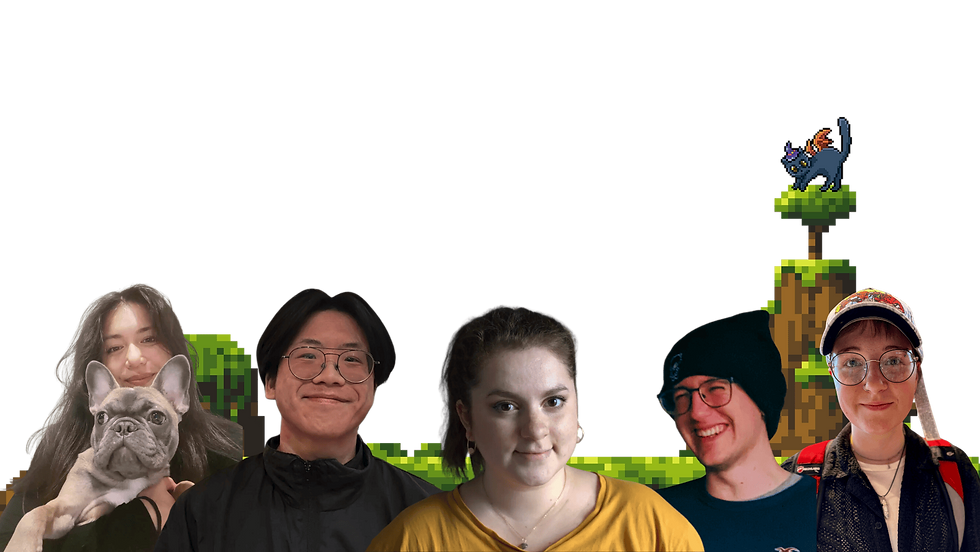Our
Uncommon approach
Neurodivergent joy through building social connection and gentle growth
Finally people who really get it
At Uncommon, we believe that the best support comes from people who truly understand. Our entire team—from coaches, mentors to support staff —is neurodivergent, bringing lived experience and genuine empathy to every interaction.
When you're supported by someone who genuinely gets it, magic happens. Our young people consistently tell us how much it means to have mentors and coaches who understand their experiences—not just academically, but from the inside out.

Empowering young people
We believe in empowering young people to make choices about their own experience. Instead of forcing them out of their comfort zone, we create environments where they choose to step forward.
Young people decide if and how they want to participate—cameras off, using chat, or just listening. Every option is valid and respected - and no one will ever be alone in how they choose to show up.
When young people choose to engage, the growth is genuine and lasting.
Mekkin, Lead Facilitator
"It's getting kids operating from a place where they are choosing to put themselves out of their comfort zone as opposed to being constantly forced out of their comfort zone."
Empowering young people
We believe in empowering young people to make choices about their own experience. Instead of forcing them out of their comfort zone, we create environments where they choose to step forward.
Young people decide if and how they want to participate—cameras off, using chat, or just listening. Every option is valid and respected - and no one will ever be alone in how they choose to show up.
When young people choose to engage, the growth is genuine and lasting.
Mekkin, Lead Facilitator
"It's getting kids operating from a place where they are choosing to put themselves out of their comfort zone as opposed to being constantly forced out of their comfort zone."
Parent of anxious autistic teen (12)
"The session was incredible. The way the session was run was brilliant and the content was engaging. Without even seeing my daughter they were building her confidence which is literally rock bottom. I honestly can't rate it enough."
Holistic, journey based support
Unlike services that offer just one thing, we provide a range of support that can adapt and grow with each young person's needs.
From courses to clubs to mentoring, young people can access different types of support as their needs change.
Young people can maintain connections with mentors, coaches and peers across different services, building lasting relationships.




